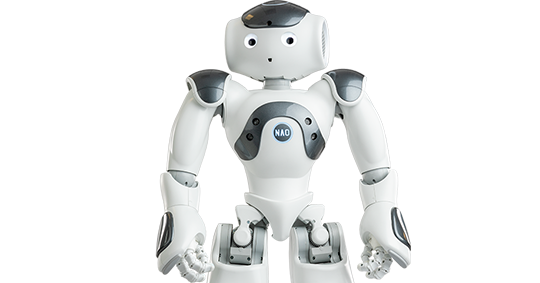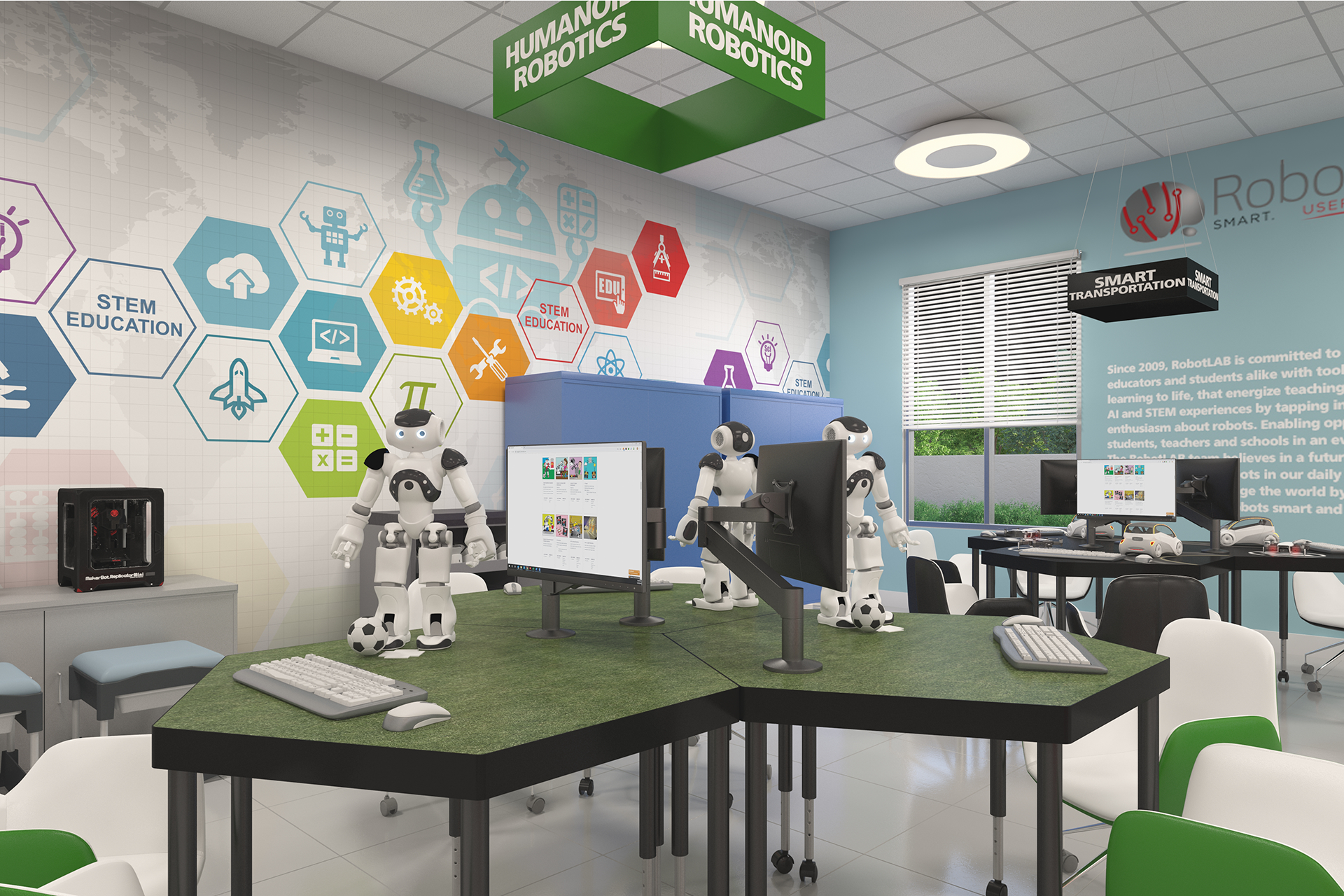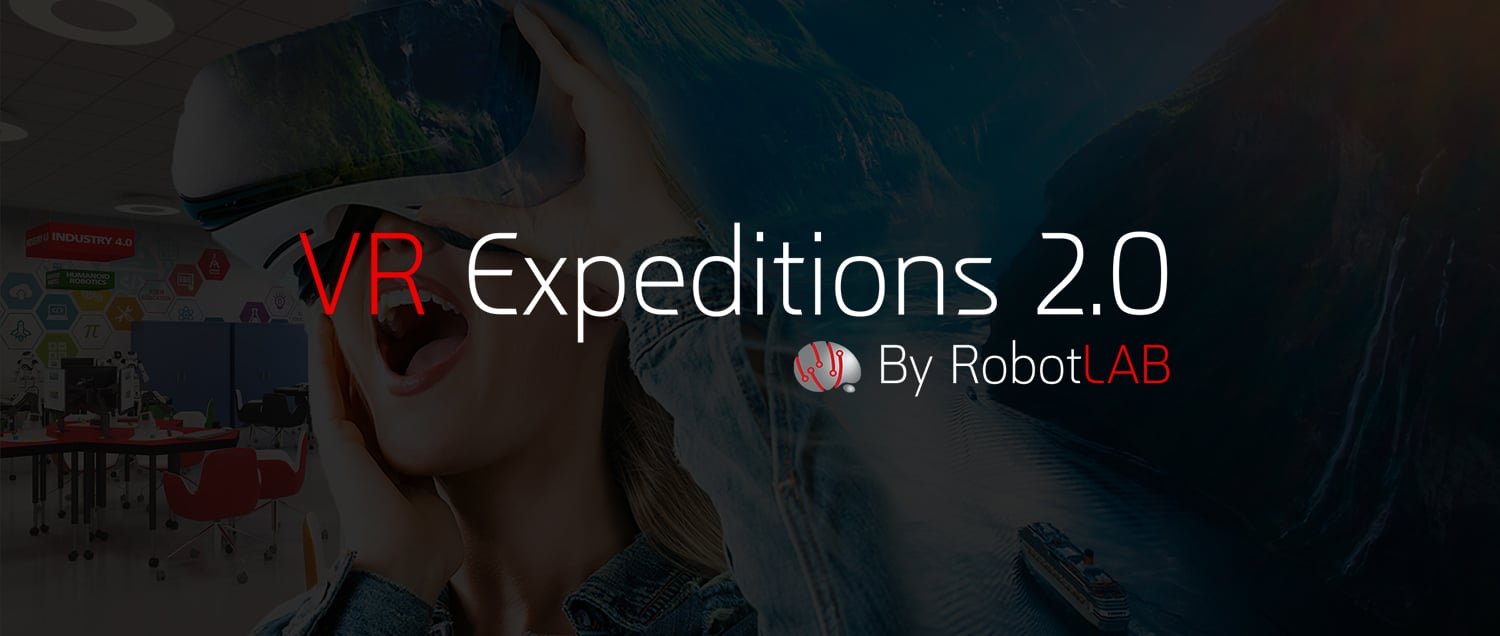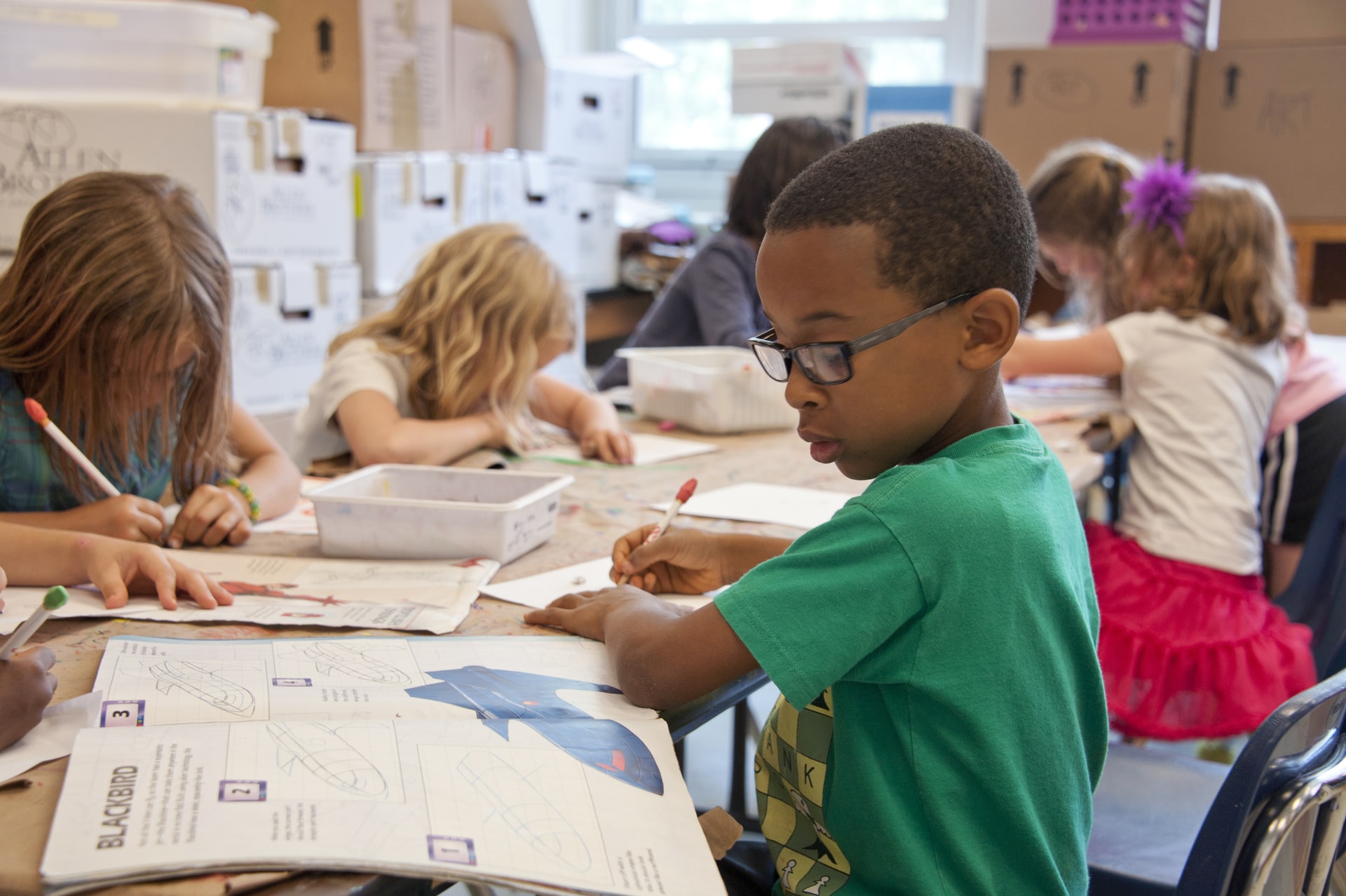5 Main Roles Of Artificial Intelligence In Education

The global adoption of technology in education is transforming the way we teach and learn. Artificial Intelligence is one of the disruptive techniques to customize the experience of different learning groups, teachers, and tutors.
- 0 Comments
- Jul 15, 2021 10:00:00 AM
- Posted by Natalia Galvis
- Topics: EdTech, STEM, Education, teachers, students, Technology, Innovation, Edchat, Digital Technology, Educators, online, distance learning, lessons, Online Learning
How to Get your Educators Excited About Using EdTech
 Photo by Avel Chuklanov on Unsplash
Photo by Avel Chuklanov on Unsplash
The pandemic has taken a toll on all our institutions, and schools aren’t exempt. School leaders know that schools are closed, but teaching must go on, and; learning must go on.
Schools have moved to online learning. Educators are working from home, delivering classes to learners over the video, preparing lesson plans, collaborating with other educators, amongst many other tasks. Educators are working harder and longer, and many are exploring the edtech at their disposal. It is a big change that requires school leaders to manage their educators’ motivation to prevent loss in productivity and burn-out.
Here are a few strategies to make sure your educators remain motivated and online schooling continues smoothly.
- 0 Comments
- Jul 13, 2021 10:45:29 AM
- Posted by Natalia Galvis
- Topics: EdTech, STEM, Education, teachers, students, Technology, Innovation, Edchat, Digital Technology, Educators, online, distance learning, lessons, Online Learning
Summer break checklist for teachers: 5 ideas and tips
 Photo by Christina @ wocintechchat.com on Unsplash
Photo by Christina @ wocintechchat.com on Unsplash
It has been a very long and challenging two-year period for schools all around the world. And if you are a teacher, you probably can relate. But you made it through and now you can finally relax!
You are probably asking what’s next when school starts again for the 2021/2022 academic year. Even though the global scenario is slowly getting back to normal for most countries, uncertainty is still there. One thing is for sure: you need to recharge your batteries and get in the right mindset. Grab your notebook, we have made up a list of 5 ideas and tips to help you create your own Summer break checklist!
- 0 Comments
- Jul 12, 2021 10:53:47 AM
- Posted by Natalia Galvis
- Topics: EdTech, STEM, students, Technology, Innovation, Edchat, Jobs, STEMjobs, Digital Technology, online, lessons, careers
How Important Is Technology in Nowadays’ Education
By Ryan Pell
 Photo by ThisisEngineering RAEng on Unsplash
Photo by ThisisEngineering RAEng on Unsplash
Growing up, most of us had a teacher who refused to implement technology in the lessons. They had their trusty old textbook and thought that everything that’s written there would remain true through the ages.
However, that’s not how education works. It evolves rapidly, thanks to technology for the most part. According to Promethean, the focus on boosting student engagement with tech has increased by 29%. And yet, the implementation of EdTech is the priority for only 39% of U.S. schools.
Today, we’re going to take a look at the role technology plays in today’s education and why more schools should give it a priority.
- 0 Comments
- Jul 8, 2021 10:00:00 AM
- Posted by Natalia Galvis
- Topics: EdTech, STEM, students, Technology, Innovation, Edchat, Jobs, STEMjobs, Digital Technology, online, lessons, careers
Pepper Robot Debut a Small/Medium Business Version
This affordable package allows small businesses struggling with labor shortages to automate their customer service and user experience.
 Pepper Robot Wine Store RobotLAB
Pepper Robot Wine Store RobotLAB
- 0 Comments
- Jul 7, 2021 6:25:12 PM
- Posted by Natalia Galvis
- Topics: EdTech, STEM, students, Technology, Innovation, Edchat, Jobs, STEMjobs, Digital Technology, online, lessons, careers
How To Prepare Students For The Jobs of The Future
By Joe Lombardi

Educating today's students for tomorrow's nonexistent jobs can be a challenge--one educators should be prepared to meet.
- 0 Comments
- Jul 7, 2021 10:00:00 AM
- Posted by Natalia Galvis
- Topics: EdTech, STEM, students, Technology, Innovation, Edchat, Jobs, STEMjobs, Digital Technology, online, lessons, careers
Google Expeditions Is Gone, Now What?
The long-time Educator's favorite app, Google Expeditions, was discontinued today. A replacement app is available now for educators: VR EXPEDITIONS 2.0 from RobotLAB Inc.

- 3 Comments
- Jul 2, 2021 10:25:28 AM
- Posted by Natalia Galvis
- Topics: EdTech, STEM, students, Technology, Expeditions, Innovation, Realidad Virtual, Edchat, Digital Technology, online, Virtual Reality, virtual learning, lessons, Expeditions 2.0
5 Ways to Boost Student Engagement with STEM Learning Strategies
These student engagement strategies can help educators create authentic learning experiences for all students using digital tools.
- 0 Comments
- Jul 2, 2021 10:00:00 AM
- Posted by Natalia Galvis
- Topics: EdTech, STEM, students, Technology, Innovation, Edchat, Digital Technology, online, lessons
How Learning Is Improving With Digital Transformation
 Photo by John Schnobrich on Unsplash
Photo by John Schnobrich on Unsplash
The digital transformation of the economy has impacted every industry. Some of the most significant changes from that transformation have been in education.
New digital developments like remote learning, artificial intelligence (AI), virtual reality (VR), and augmented reality (AR) all have the potential to radically transform how education is delivered and experienced.
Educators and EdTech developers are working to apply these innovations to the industry. Some of their experiments have already had a major impact on classrooms around the world.
- 0 Comments
- Jun 30, 2021 10:00:00 AM
- Posted by Natalia Galvis
- Topics: EdTech, STEM, students, Technology, Innovation, Edchat, Digital Technology, online, lessons
How Hidden Classroom Dynamics Can Stymie Girls in STEM
By Youki Terada
If we want to close the gender gap in science, we need to look at the invisible forces that shape classroom culture.
- 0 Comments
- Jun 29, 2021 10:00:00 AM
- Posted by Natalia Galvis
- Topics: Robotics, EdTech, STEM, Computer Science, Problem Based Learning (PBL), teachers, Coding, Robots,, students, STEMchat, Edchat, Digital Technology, teaching, online
Relevant Posts
Popular Posts
Subscribe to Email Updates
-
I Want To Learn MoreADDITIONAL INFORMATION



